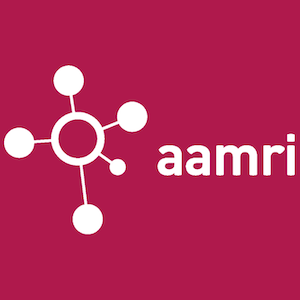The November 2017 Symposium event convened by newDemocracy sought to challenge opinion leaders by asking them what practical testable improvements could be made to our democracy in order to improve public trust in how we make public decisions. It sought to move the discussion from one of complaint about problems into one of potential solutions. This project is one of the leading ideas which emerged from this two-day event.
Many participants – spanning company directors, the advocacy sector, journalists and even former MPs – lamented that “evidence-based policymaking” had become an empty phrase that everyone claimed to pursue but no one knew how to quantify. A proposal was championed by former Secretary of the NSW Treasury, Percy Allan, to draw on work from 2012 by Prof. Ken Wiltshire from the University of Queensland in work originally produced for the Institute of Public Administration Australia (IPAA) which did attempt to set forth such a standard.
For the fourth year running, independent research was undertaken by two philosophically opposed Right and Left think tanks finds that basic standards of evidence and consultation-based policymaking are only loosely followed by Australian federal and state governments. Unfortunately, there was a deterioration in 2021 on the 2020 results (which included bushfire and Covid-19 ‘emergency’ measures) bringing the findings more into line with those of 2019 and 2018.
Averaging the two think tanks total scores out of a possible 10.0 for each of twenty case studies this year shows that six cases received solid scores (between 7.0 and 8.5) while five got unacceptable scores (below 5.0). The remaining nine received mediocre scores (between 5.0 and 6.5). The case study that most approximated a good policymaking process was the Federal Corporate Insolvency Bill (8.5/10.0) while the one that rated lowest was the Victorian Constitutional Fracking Ban Bill (2.5/10.0).
The Project’s research was done by the Institute of Public Affairs (IPA), a self-described ‘free-market’ think tank and Per Capita Australia, a self-labelled ‘progressive’ think tank. The two think tanks jointly selected the twenty case studies to examine, with each organisation preparing its own report before comparing results and reconciling any differences over public information (e.g., Were alternative policy options considered? Were stakeholders consulted?). In twelve of the case studies, the two think tanks gave the same or similar score. In five case studies, the scoring difference between the think tanks was two points.
Evidence-based policymaking is a phrase everyone likes to use with no agreed standard of what it actually is. If we can have parties agree on some basic standards in the policy process, then we are one step closer to being able to make more widely trusted decisions at all levels of government.
Note: On May 18th the NSW Parliament voted to adopt a Statement of Public Interest as being required for every (non-Budget) Bill.
- Media Statement
- You can read the IPA’s report here
- You can read Per Capita’s report here
- You can read the reports and media articles from the 2020 project here, 2019 here, and 2018 here
Media
- The Australian: Standard of government policy decisions declines (Nov 12, 2021)
- The AFR: NSW to require public interest test for all new legislation (May 30, 2022)
- The AFR: There is a way of making better laws (May 31, 2022)




